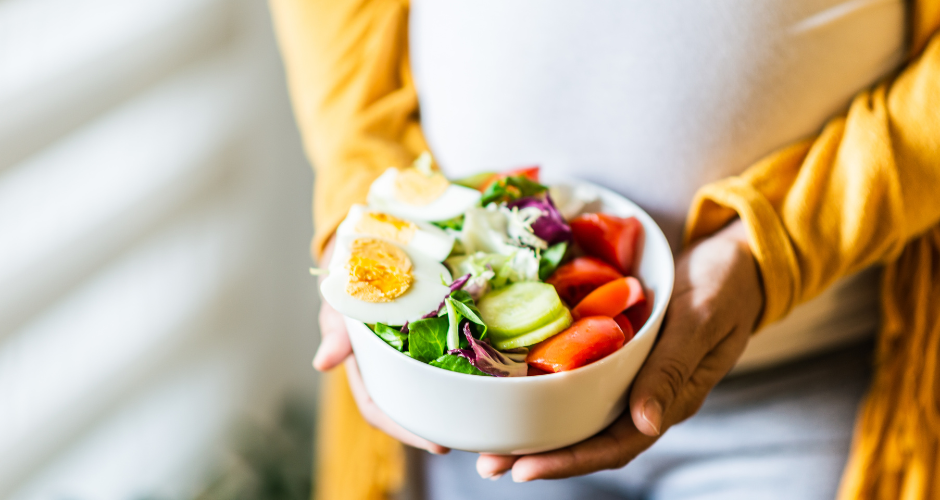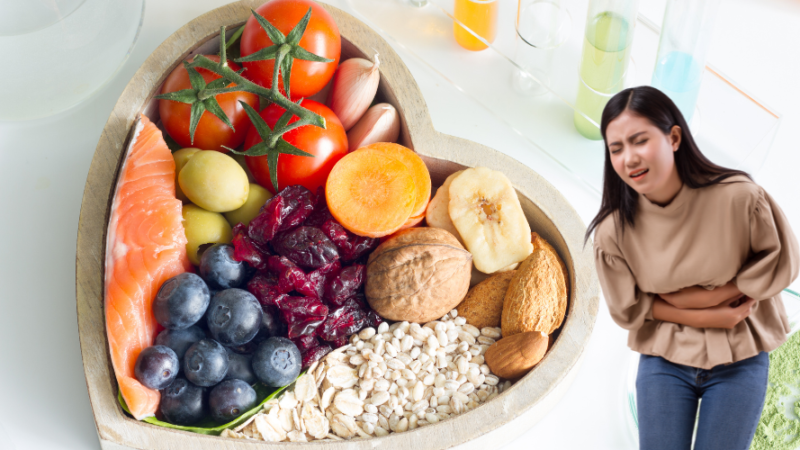Healthy Diet Plan for Pregnancy

Pregnancy is a time of incredible change and growth for both the mother and the baby. One of the most critical aspects of ensuring a healthy pregnancy is maintaining a well-balanced and nutritious diet. A healthy diet plan for pregnancy not only supports the development of the baby but also helps the mother stay energized and manage the physical changes occurring in her body.
In this comprehensive guide, we will explore diet tips for pregnancy, provide a detailed diet plan for a pregnant woman, and offer advice for maintaining a healthy pregnancy through proper nutrition.
1. Understanding Nutritional Needs During Pregnancy
Pregnancy increases the body’s nutritional requirements to support the growth and development of the baby. Key nutrients that require special attention include:
- Folic Acid: Vital for the development of the baby’s brain and spinal cord. Adequate intake can help prevent neural tube defects.
- Iron: Essential for making extra blood needed during pregnancy and preventing anemia.
- Calcium: Important for the development of the baby’s bones and teeth.
- Protein: Necessary for the growth of the baby’s tissues and organs.
- Vitamin D: Helps with calcium absorption and bone health.
- Omega-3 Fatty Acids: Crucial for brain development.
2. Creating a Balanced Meal Plan
A balanced diet during pregnancy includes a variety of food groups to ensure that all nutritional needs are met. Here’s a sample meal plan to guide you:
Breakfast:
- Whole Grain Oatmeal: Provides fiber, iron, and calcium. Top with fresh berries and a drizzle of honey.
- Greek Yogurt: Rich in protein and calcium. Add nuts or seeds for extra nutrients.
- Fruit Smoothie: Blend spinach, banana, and a handful of berries with unsweetened almond milk for added vitamins and minerals.
Mid-Morning Snack:
- Apple Slices with Almond Butter: Offers fiber, healthy fats, and protein.
- Nuts and Seeds: A small handful can provide protein and omega-3 fatty acids.
Lunch:
- Grilled Chicken Salad: Incorporate a mix of leafy greens, cherry tomatoes, cucumbers, and avocado. Dress with a light vinaigrette.
- Quinoa: A great source of complete protein and fiber. Serve as a side dish or mix into your salad.
Afternoon Snack:
- Carrot and Cucumber Sticks with Hummus: Provides fiber and healthy fats.
- Cottage Cheese with Pineapple: A good source of protein and vitamin C.
Dinner:
- Baked Salmon: Rich in omega-3 fatty acids. Serve with steamed broccoli and sweet potatoes.
- Brown Rice: Complements the meal with fiber and essential minerals.
Evening Snack:
- Whole Grain Crackers with Cheese: Provides calcium and protein.
- A Small Bowl of Mixed Berries: Offers antioxidants and vitamins.
3. Hydration
Staying hydrated is as important as eating a balanced diet. Aim for at least 8-10 glasses of water daily. Proper hydration helps maintain amniotic fluid levels, supports digestion, and prevents dehydration-related complications.
Tips for Staying Hydrated:
- Carry a water bottle with you throughout the day.
- Infuse water with slices of lemon, cucumber, or berries for added flavor.
- Include hydrating foods in your diet, such as watermelon and cucumbers.
4. Nutritional Supplements
While a balanced diet should cover most of your nutritional needs, prenatal vitamins can help fill any gaps. Consult with your healthcare provider to determine the appropriate supplements, which often include:
- Folic Acid: Essential for fetal development.
- Iron: To prevent anemia.
- Calcium and Vitamin D: To support bone health.
- Omega-3 Fatty Acids: For brain development.
5. Foods to Avoid
Certain foods can pose risks during pregnancy and should be avoided or consumed in moderation:
- Raw or Undercooked Seafood, Eggs, and Meat: Risk of bacterial infections.
- Unpasteurized Dairy Products: Potential for harmful bacteria.
- Excessive Caffeine: Limit to 200-300 mg per day.
- High-Mercury Fish: Such as shark, swordfish, and king mackerel.
- Processed Foods and Sugary Snacks: Can contribute to excessive weight gain and nutritional imbalances.
6. Managing Common Pregnancy Symptoms Through Diet
Pregnancy can come with a variety of symptoms such as morning sickness, heartburn, and constipation. Certain dietary adjustments can help alleviate these symptoms:
- Morning Sickness: Eat small, frequent meals and snack on ginger or crackers.
- Heartburn: Avoid spicy and fatty foods; eat smaller meals and avoid lying down after eating.
- Constipation: Increase fiber intake through fruits, vegetables, and whole grains.
7. Seeking Professional Guidance
Each pregnancy is unique, and dietary needs can vary. It’s important to consult with a healthcare provider or a registered dietitian to tailor a diet plan that suits individual needs and addresses any specific concerns or conditions.
Conclusion
Maintaining a healthy diet during pregnancy is key to ensuring both mother and baby thrive. By focusing on a variety of nutrient-rich foods, staying hydrated, and avoiding harmful substances, you can support a healthy pregnancy journey. Remember to seek personalized advice from healthcare professionals to address any specific needs or concerns, ensuring a well-nourished and healthy pregnancy.






